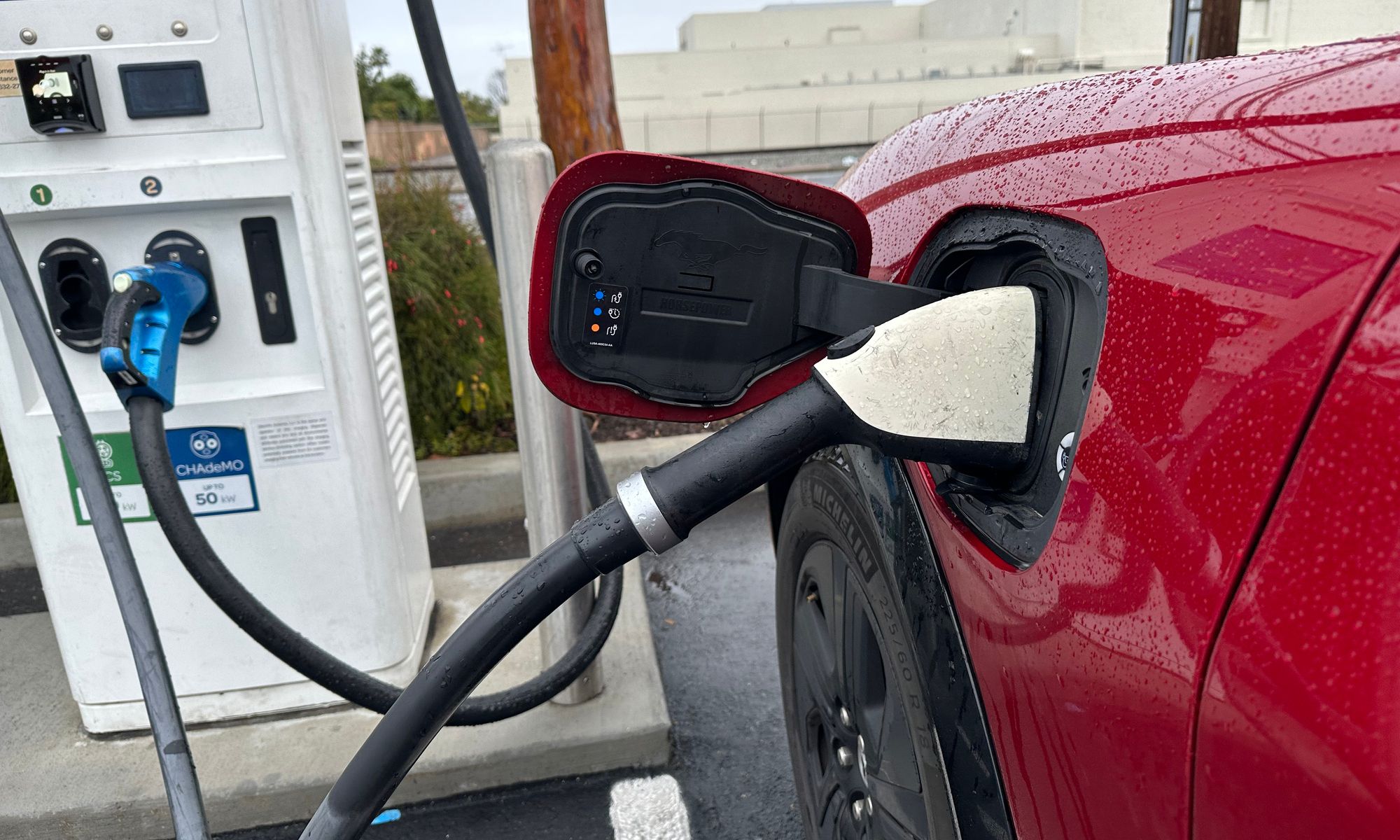Get this deal! Call now.
Speak with a vehicle protection plan specialist and get $300 off any new contract instantly.
Call 866-678-4172
or scan the code below


When shopping for a new car, the number of options available to you can be both overwhelming and exciting. There are so many different types of powertrains, interiors, and body styles, so finding the right one for you and your driving habits is essential. One of the most important decisions you will make at the dealership, though, is whether you should buy a hybrid or gas vehicle.
Hybrids have become more common and popular in recent years than they ever have been before. Nearly every automaker offers a hybrid car of some kind, and they often make a gas and hybrid version of the same model. Knowing the benefits and drawbacks of a hybrid vs. gas car can help you decide which one is right for you and which one will give you the most value and service over the years.
Hybrid automobiles work by using both a gas engine and an electric motor to power the car. There are many different kinds of configurations of these two powertrain types and how they work together will change depending on the type of hybrid a vehicle is and how it is designed. By understanding the different types of hybrids and how they work, you can choose the right one for you and your needs.
Traditional gasoline vehicles work by combusting fuel in a cylinder, which then pushes a piston within the engine block. This energy is then transferred to the wheels and turned into movement by the transmission and driveshaft. Most vehicles that you see out on the road are going to be traditional gas automobiles, although many manufacturers are starting to pull away and focus solely on hybrid engines and electric vehicles for an environment-friendly future. There are several types of internal combustion engines, and it is important to know how they work so you can choose the right one.
Pros of driving electric-hybrid automobiles include:
Cons of driving a hybrid car are:
Pros of driving gas vehicles:
Cons of using a gas engine include:
No matter what type of used vehicle you’re looking to own, making sure that it is protected is crucial. Having the help you need if something goes wrong can give you confidence that you are taken care of whenever you are on the road. With a vehicle service contract from Endurance, you can rest easy knowing that you can get your car repaired quickly and easily.
Endurance has a wide variety of auto protection plans that all provide coverage for internal combustion vehicles starting at just $79 per month. Plus, with the Advantage plan, your hybrid will also be covered, and you get the benefit of $3,500 of maintenance coverage annually. No matter what kind of plan you get, whether it is the most affordable Secure Plus plan or the Supreme for Highline plan, which covers high-end luxury vehicles, you get access to perks and benefits that will help keep you safe. These include complimentary 24/7 roadside assistance, towing and lockout services, trip-interruption coverage, and rental car reimbursements. For a small activation fee, new customers also receive access to a FREE year’s worth of Endurance Elite Benefits, including extra perks and savings like key fob replacements, tire repairs or replacements, collision discounts, and even total loss protection.
To find out more about how Endurance can help you or request a free quote, call us at (800) 253- 8203 or shop online today to find an auto protection plan. You can also find more automobile-related resources on the Endurance blog, including articles on topics ranging from extended warranty coverage comparisons to vehicle buying guides, DIY maintenance tips and tricks, and more.

We're here to make sure you get the most comprehensive EV protection. That's why we've partnered with Xcelerate Auto to offer you transparent and dependable Tesla coverage.
Want us to contact you about XCare coverage for your Tesla?



Call for $300 off any new plan!
By clicking the button, you consent to Endurance using automated technology to call, email, and text you using the contact info above, including your wireless number, if provided, regarding auto protection or, in California, mechanical breakdown insurance. You also agree to the Endurance Privacy Policy and Terms and Conditions. Consent is not a condition of purchase, and you can withdraw consent at any time. Message and data rates may apply.
Speak with a vehicle protection plan specialist and get $300 off any new contract instantly.
Call 866-678-4172
or scan the code below



Simply fill out the information below and we will follow up fast with your free no-obligation quote.
By clicking the button, you consent to Endurance using automated technology to call, email, and text you using the contact info above, including your wireless number, if provided, regarding auto protection or, in California, mechanical breakdown insurance. You also agree to the Endurance Privacy Policy and Terms and Conditions. Consent is not a condition of purchase, and you can withdraw consent at any time. Message and data rates may apply.

To speak to a vehicle protection plan specialist and save $300
Scan the code below
As both an Army Veteran & ASE Certified repair shop owner, Andrew has made educating the modern driver an ongoing mission since the opening of his repair shop, Midwest City Autospa, in 2012. Read more about Andrew.